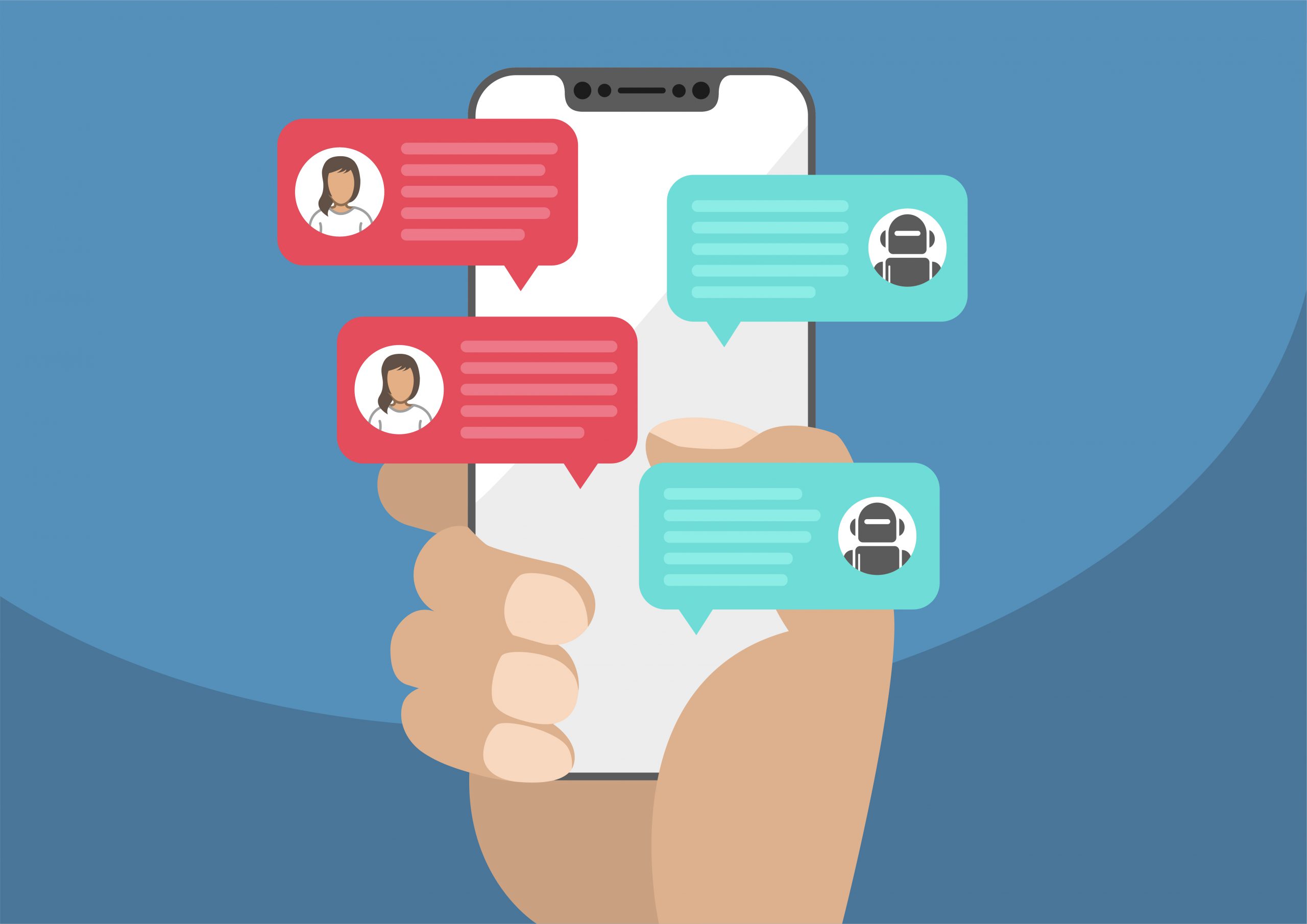Sign Up for Our
Updates
Social distancing and disease burden apart from Covid-19
The impact of Covid-19 at a global scale is still under evaluation and will be a major concern of our lives for the next few years. Social distancing being the best preventive solution has shut us down into our homes and limited gatherings for the sole purpose of work and activities that need others’ contribution. However, diseases prevalent before the onset of this pandemic still need professional management and medical care. Lifestyle diseases like diabetes, COPD, cancer, obesity need immediate attention. Also, the medical non-emergencies managed by family physicians like minor injuries, allergies, child and geriatric care cannot wait till the pandemic is brought under control. The ever rising disease burden of mental disorders is mostly understated.
In order to take care of our loved ones without risking ourselves to the coronavirus infection, it is imperative to adapt ourselves to the given scenario. This is where AI-driven Healthcare Virtual Assistance comes into the picture.
Virtual assistance in healthcare
Virtual assistants help accomplish administrative and screening tasks from a remote location and provide assimilated information to physician. Artificial intelligence automates this process to bring about the following advantages:
1. Clinical - Triage, tele-diagnostics, easy cross consultations, decision support systems helps in suggesting differential diagnoses.
2. Administrative - Appointment scheduling, recording vitals with wearables and IoT, follow up calls post treatment, quick handover to physicians and reducing burnout.
3. Financial - Reduces overheads by outsourcing, hired manpower can focus on core duties and physicians can examine more patients in the same time duration.
Any patient seeking a medical consultation can do so in the comfort of their home by interacting with the digital healthcare assistant through a smartphone. Natural Language processing (NLP) uses the voice or text commands to respond accordingly to answer questions related to symptoms, suggesting the department to consult with, diagnostic tests to be done before reaching the physical office. Integration with payers can help them fill out demographic details to enable a cashless transaction at the doctor’s office. Follow up enquiries in the discharge summary or prescriptions can be clarified by the virtual assistant at any time of the day irrespective of working hours of the healthcare facility.
A healthcare provider can look through the entire medical history by interacting with the software which can provide relevant information by quickly looking through the Electronic Health Record of the patient. Voice commands can ease treatment planning by ordering tests, medication or admissions which in turn reflect at the next station immediately thus preventing further delays and enhances patient satisfaction and trust.
Products and technology
Chatbots are the simplest version of HVAs that use Conversational AI which respond to text or voice inputs by statistical correlation. Updates about insurance approvals, confirmation of appointments, billing information can be received in a reliable manner. These discussions mostly do not need clinical supervision and significantly reduce call volumes for the manpower on site.
Smart Speakers provide a hands free experience that utilise Automatic Speech Recognition technology. Patients, as well as clinicians, can use them to communicate needs and place orders. Furthermore, smart speakers can be used as therapists for patients who suffer from mental illness. They can establish conversations as per the patient’s mental state which shall help alleviate anxiety and depression.
Feasibility
Challenges of this promising technology are however focused on securing privacy and confidentiality of the Electronic Health Records and a strong Wifi connection in healthcare facilities to avoid mistakes which would be a major discussion for Patient Safety Goals and quality care.



.png)

